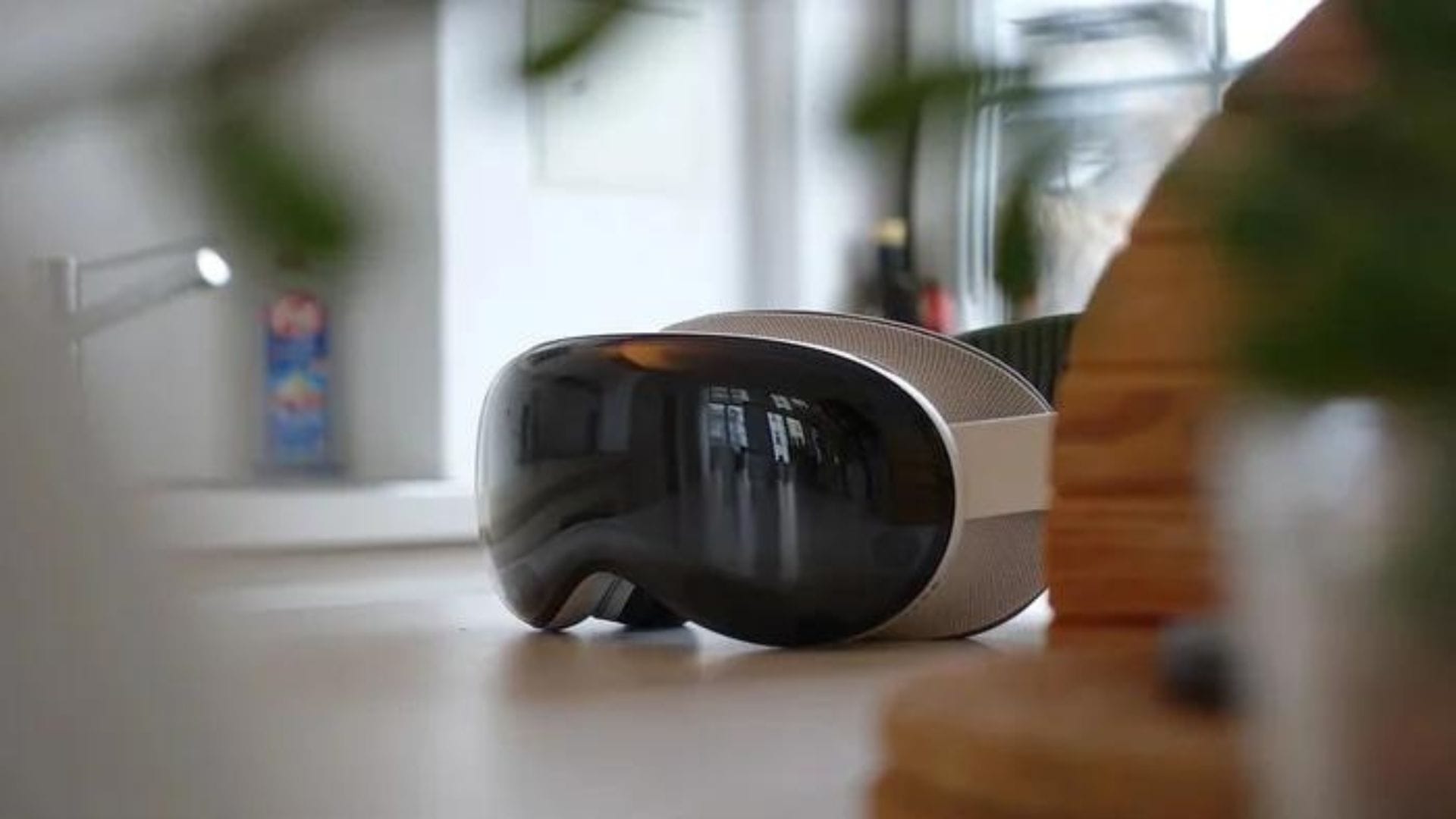Meta’s new patent mirrors Apple’s Vision Pro EyeSight feature
Meta has filed a patent for a feature similar to Apple's EyeSight, highlighting the evolving competition in immersive reality technology.

It’s interesting that, despite promoting its own Quest 3 as the superior product, Meta appears to be influenced by one particular feature of the Apple Vision Pro. In a recent patent application, Meta adopted a feature similar to Apple’s EyeSight.
Table Of Content
Meta’s new patent application
As reported by Patently Apple, Meta has filed a patent application titled “Embedded Sensors in Immersive Reality Headset to Enable Social Presence.” This patent describes a method that updates the wearer’s avatar with real-time facial expressions. The illustration in Meta’s patent resembles Apple’s EyeSight feature in the Vision Pro.
To distinguish its technology from Apple’s, Meta’s application mentions that some of its implementation’s sensors are health-related. However, the patent’s essence suggests that Meta is exploring a similar feature for future Quest devices.
The irony of Meta following Apple
Meta seems to be copying Apple’s EyeSight feature, especially considering Meta CEO Mark Zuckerberg’s previous statements. Zuckerberg has often claimed that the Apple Vision Pro offers no groundbreaking solutions that Meta still needs to consider. Yet, this patent indicates a shift in Meta’s strategy, potentially acknowledging the appeal of Apple’s feature.
This move by Meta raises the question: Which tech company will be next to follow Apple’s lead? There is speculation that Google and Samsung’s XR headset, which is being developed, could be next in line.
The potential impact on Samsung’s XR headset
Interestingly, Samsung has reportedly delayed the mass production of its XR headset following the launch of the Apple Vision Pro. This delay is purportedly to review the specifications and design of the Vision Pro.
Given the striking similarities between the Samsung Galaxy Watch Ultra, the Galaxy Buds3 Pro, and Apple’s Watch Ultra and AirPods Pro, it wouldn’t be surprising to see Samsung incorporating a similar feature into its XR headset.
This development could begin a trend where other tech companies adopt similar features to remain competitive in the rapidly evolving immersive reality market.
Meta’s recent patent application signals a potential shift in the tech landscape, with companies closely watching and possibly mimicking each other’s innovations. It will be intriguing to see how this unfolds and which features become the next standard in immersive reality technology.















